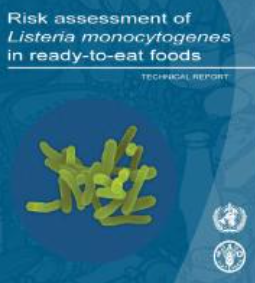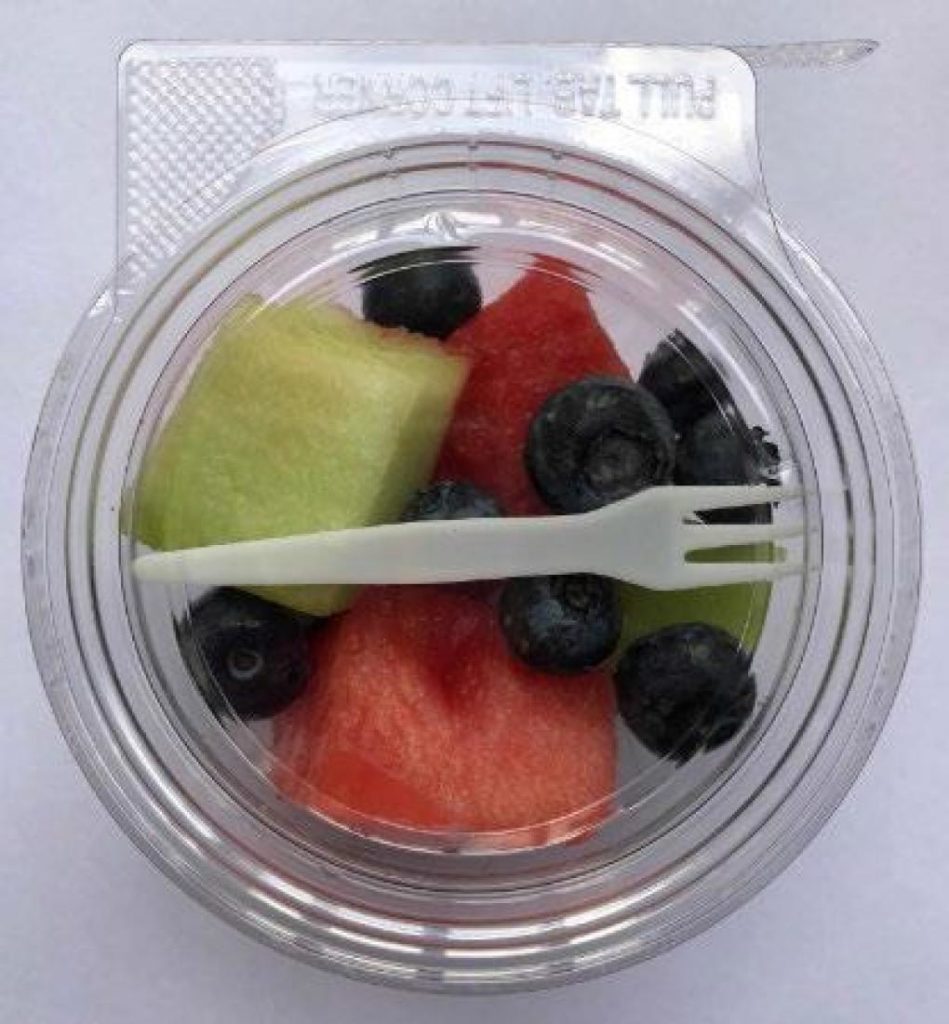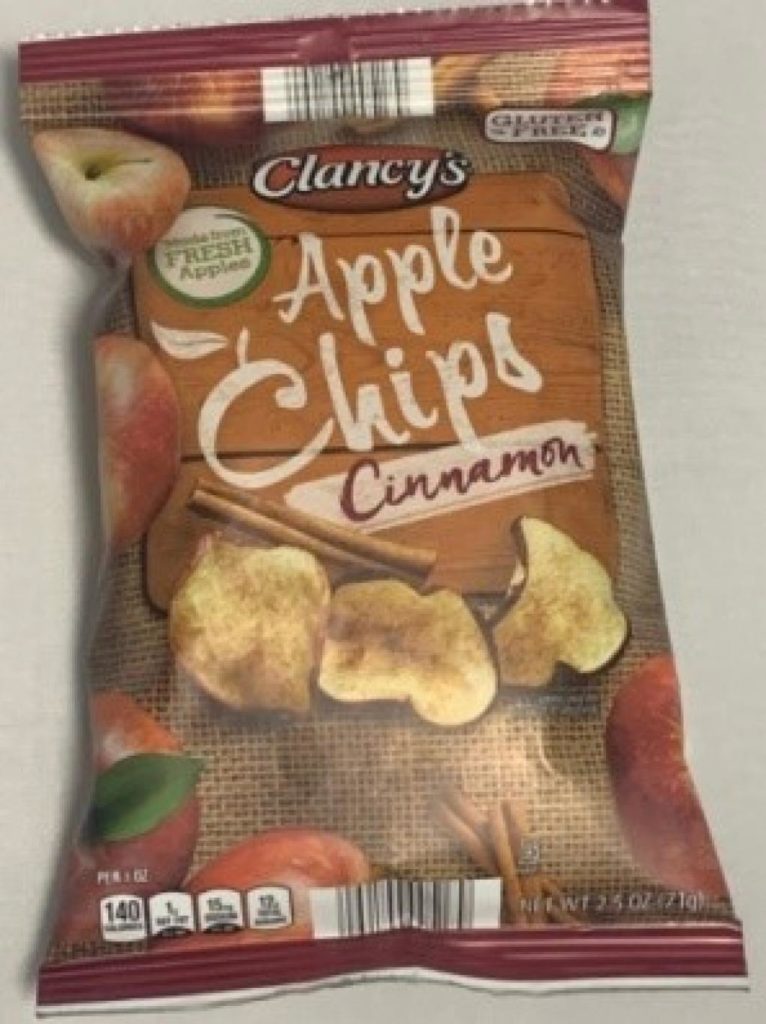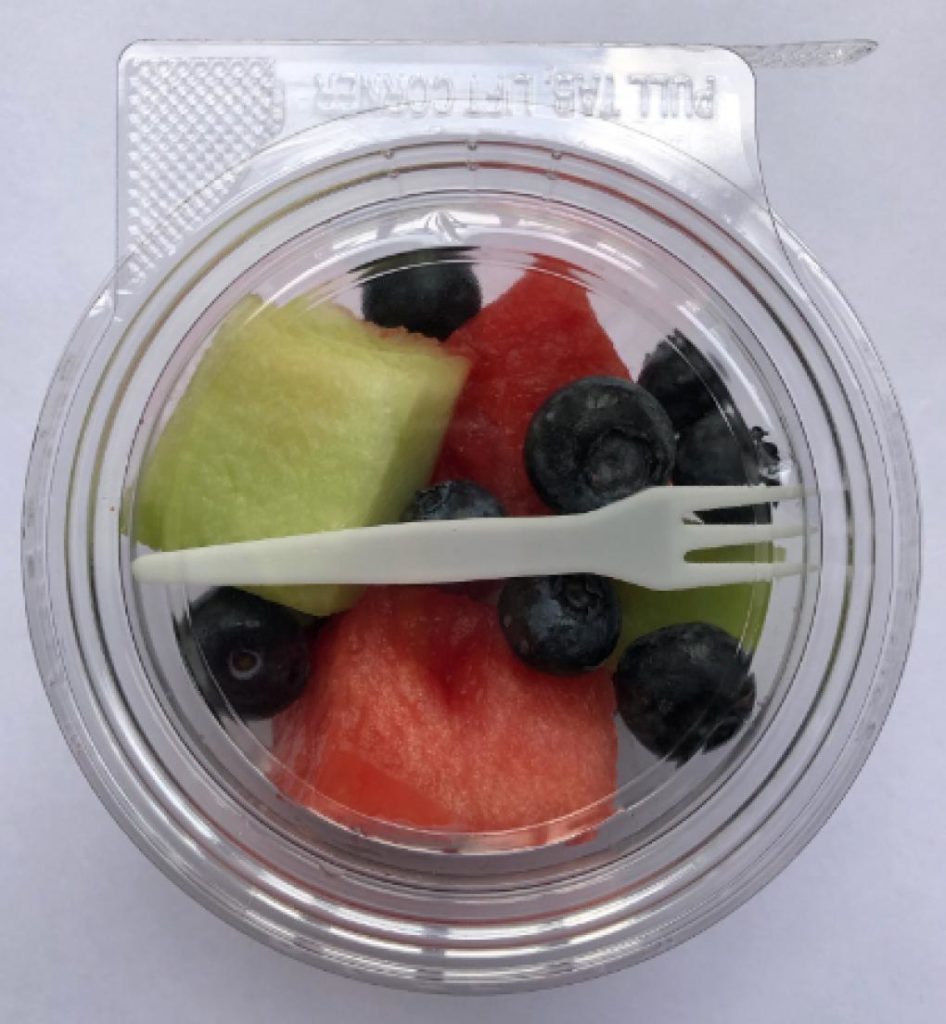Since 1999 the FAO and WHO have undertaken the risk assessment on Listeria monocytogenes in several foods. The report focused on listeriosis caused by dairy, seafood, and fermented meats. A report from 2004 centered providing scientific insight into the risk characterization of Listeria monocytogenes contamination in food and the seriousness of listeriosis for susceptible populations. The largest and deadliest outbreak of listeriosis in Africa in 2017, linked to RTE meat products, caused 1,064 illnesses and 218 deaths and prompted the WHO and the FAO to convene a joint panel of experts to assess the risk of Listeria monocytogenes in ready-to-eat foods. The meeting is planned for October 20 to November 6, 2020. New research tools to isolate and characterize Listeria monocytogenes and changes in epidemiology understanding of outbreaks will provide opportunities to validate the current risk assessment models in different food commodities. @ https://www.who.int/news-room/events/detail/2020/10/20/default-calendar/joint-fao-who-expert-meeting-on-microbiological-risk-assessment-of-listeria-monocytogenes-in-ready-to-eat-(rte)
ruth
Background information In response to the request from Codex for scientific advice, FAO and WHO has undertaken the risk assessment on Listeria monocytogenes in several foods since 1999. Risk assessments, previously developed at the national level, were adapted or expanded to address concerns in RTE foods at an international level. To support this work, the 2004 FAO/WHO risk assessment on Listeria monocytogenes provided scientific insight into the risk characterization of Listeria monocytogenes contamination in food and the seriousness of listeriosis for susceptible populations. The technical report was limited to a cross-section of RTE foods; pasteurized milk, ice cream, cold-smoked fish and fermented meats, and the likelihood of these products as vehicles for human foodborne listeriosis. Since then, outbreaks of listeriosis continue to occur across the globe, associated with previously reported and many previously unreported food vehicles, including fresh and minimally processed fruits and vegetables, sprouts, RTE meat products and frozen dairy products. Of particular importance, an outbreak in South Africa, in 2017, linked to RTE meat products caused 1,064 illnesses and 218 deaths (as of August 2018). This is the largest and deadliest outbreak of listeriosis recorded to date. New tools are also available to characterize isolates of Listeria monocytogenes. With these new developments in diagnostics and changes in the epidemiology of listeriosis outbreaks, the FAO/WHO JEMRA is undertaking new work on Listeria monocytogenes in RTE foods. New research findings and data representing the different food commodities and geographical regions will provide opportunities to validate the current risk assessment models for Listeria monocytogenes, assess their application to other food commodities and develop new management approaches to control Listeria monocytogenes. List of experts The following list of experts is proposed for this meeting. Please find below their bio-sketches. If you have any comments, please contact us at jemra@fao.org and jemra@who.int no later than 15 October 2020. DownloadList of experts biographies
ruth
Country Fresh is extending their voluntary recall issued on October 2, 2020, to include various containers of “Freshness Guaranteed “cut and/or sliced apples, grapes, mangos, pineapples, and cantaloupe distributed by Walmart. The recall is a precautionary measure due to possible health risk from Listeria monocytogenes detected on equipment used in an area near where these products are packed. FDA discovered these findings during a recent inspection. The recall affects product codes of various fresh fruit items shipped directly to Walmart retail distribution centers and sent to select stores located in AR, IL, IN, KS, KY, LA, MO, OK, and TX. The products were packaged in various size clamshell containers (see photos). The “best if used by” dates are between October 3, 2020, and October 11, 2020. Country Fresh has not received any reports of illnesses to date. Walmart retail stores are removing the recalled product from store shelves and inventories immediately. @ https://www.fda.gov/safety/recalls-market-withdrawals-safety-alerts/country-fresh-expands-voluntary-recall
Country Fresh is extending their voluntary recall issued on October 2, 2020 to include various containers of “Freshness Guaranteed “cut and/or sliced apples, grapes, mangos, pineapples and cantaloupe distributed by Walmart. The recall is a precautionary measure due to a possible health risk from L
ruth
Seneca Snack Company (Washington State) announced a recall of Seneca Cinnamon Apple Chips and Clancy’s Cinnamon Apple Chips due to possible Salmonella contamination. The recall only affects Clancy’s product sold by ALDI and Seneca products sold nationwide through Amazon and Gemline; no other retailers are affected. No illnesses were reported due to this product. An ingredient supplier notified Seneca that it shipped one lot of ingredients containing cinnamon that can be contaminated with Salmonella. In response to that notification, Seneca is now retrieving Cinnamon Apple Chips from its distribution system. @ https://www.fda.gov/safety/recalls-market-withdrawals-safety-alerts/seneca-recalls-cinnamon-apple-chips-because-possible-health-risk
Seneca Snack Company, a Washington Corporation, is announcing a voluntary recall of Seneca Cinnamon Apple Chips and Clancy’s Cinnamon Apple Chips due to possible Salmonella contamination.
ruth
Country Fresh initiated a recall of watermelon chunks from select stores as a precautionary measure due to Listeria monocytogenes detected on equipment used in packing this product. FDA made these findings during a recent inspection. The recalled products were shipped directly to Walmart and RaceTrac’s retail distribution centers stores in select stores located in Arkansas, Missouri, Illinois, Oklahoma, and Texas. The product was packaged in various clamshell containers with best-if-used by dates of October 2, 3, and 4, 2020. No illnesses have been reported. @ https://www.fda.gov/safety/recalls-market-withdrawals-safety-alerts/country-fresh-voluntary-product-recall?utm_medium=email&utm_source=govdelivery
Country Fresh is initiating a voluntary recall of a limited quantity of watermelon chunks from select stores as a precautionary measure due to a possible health risk from Listeria monocytogenes detected on equipment used in packing this product.
FDA made these findings during a recent inspection.




